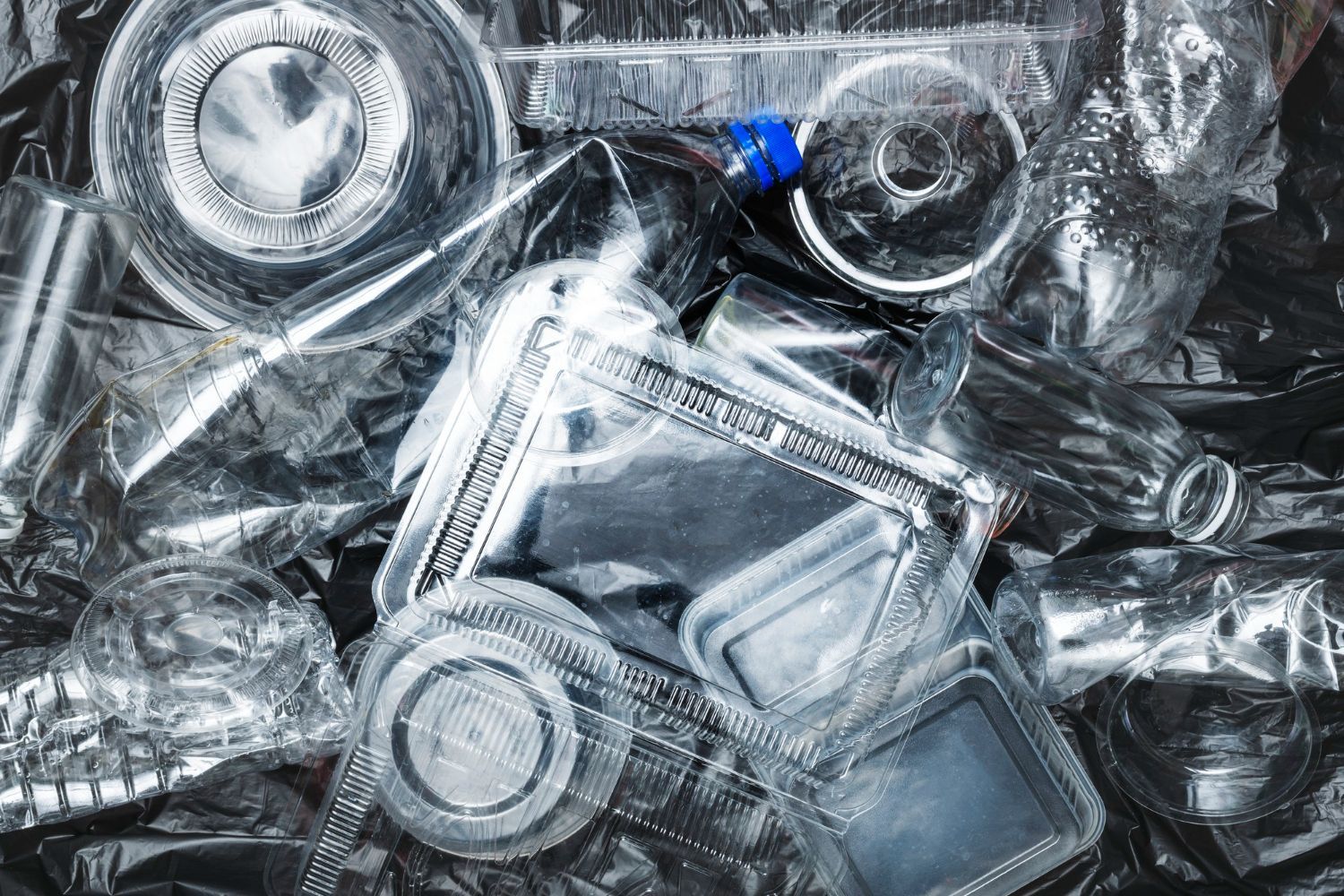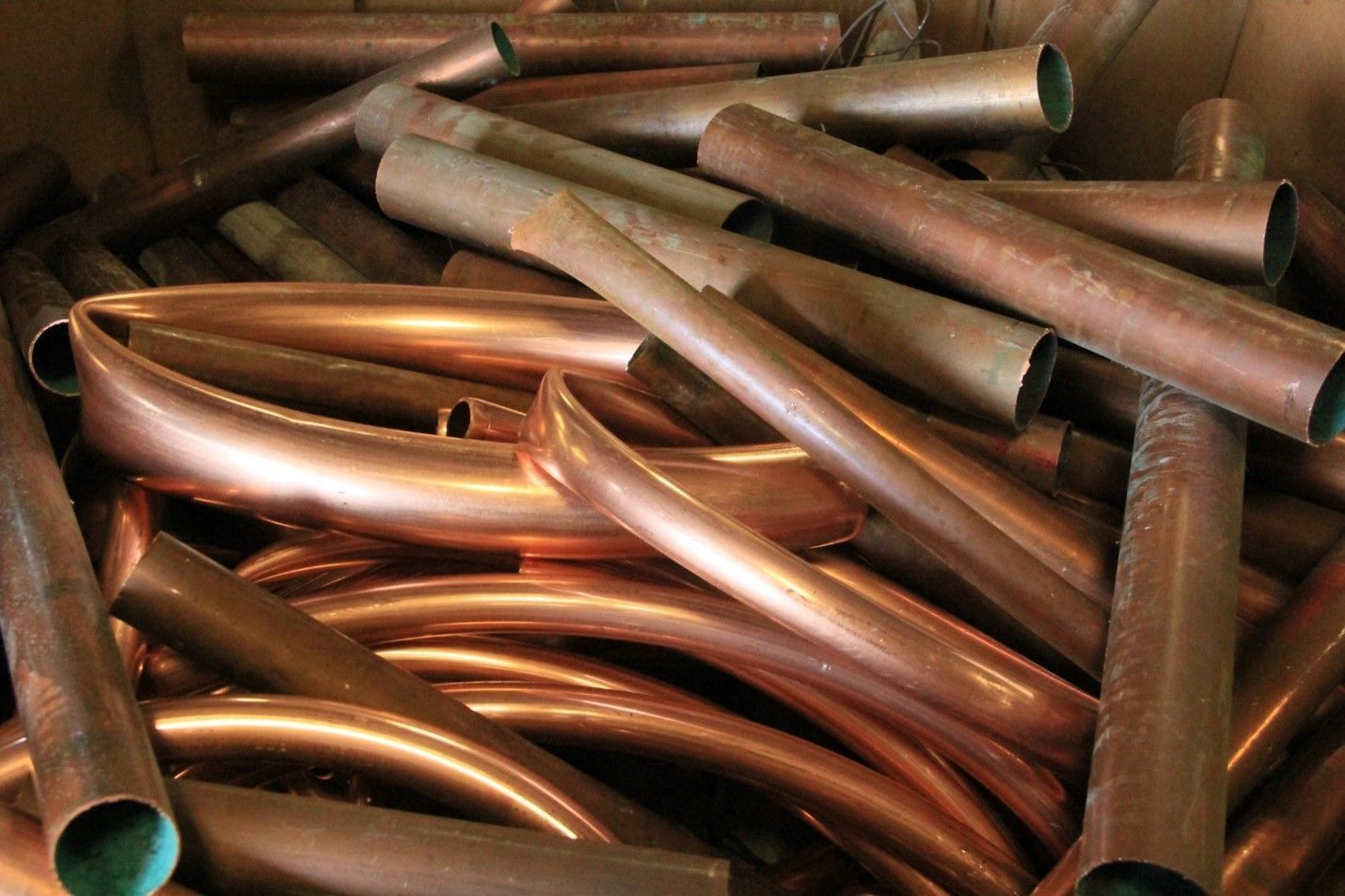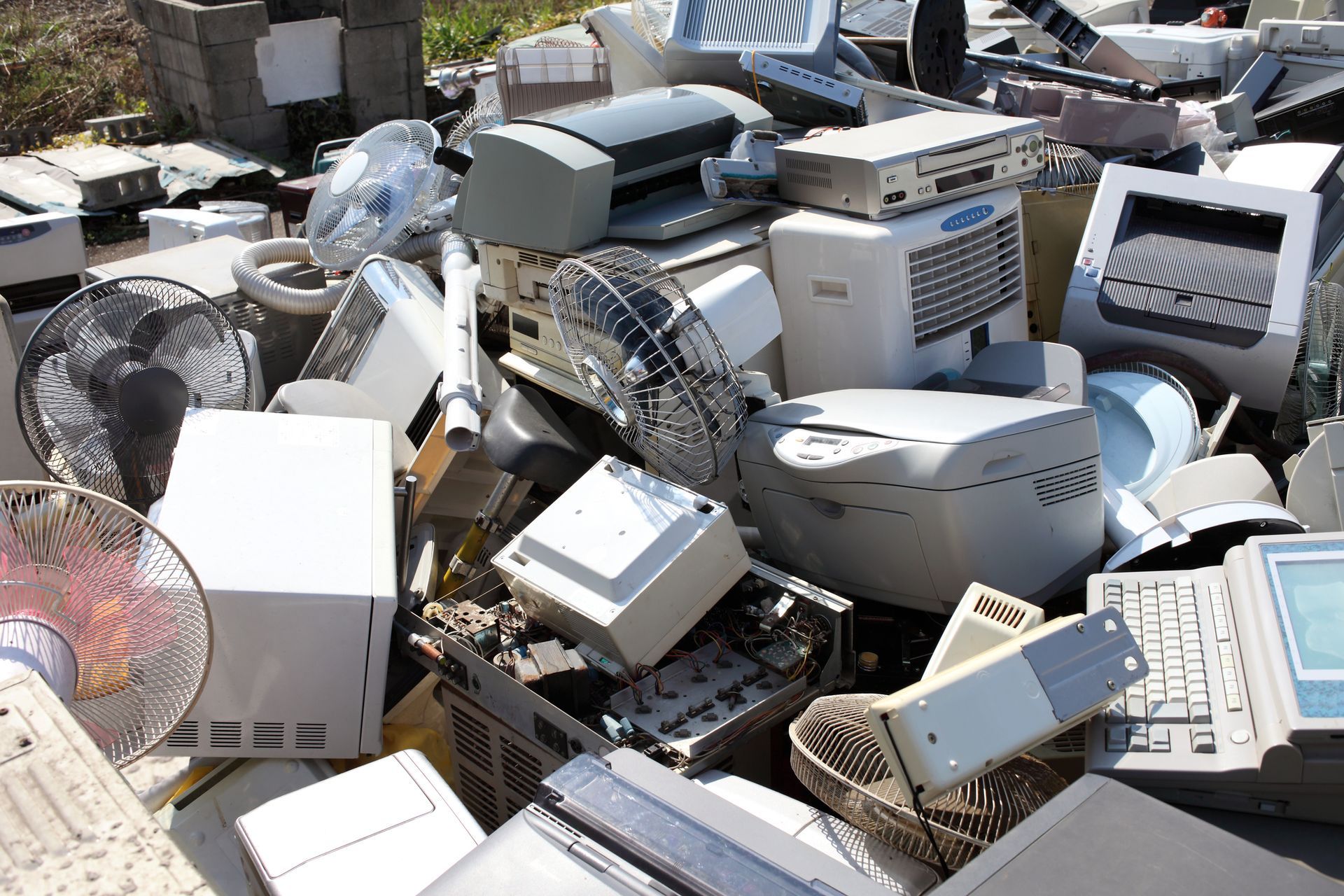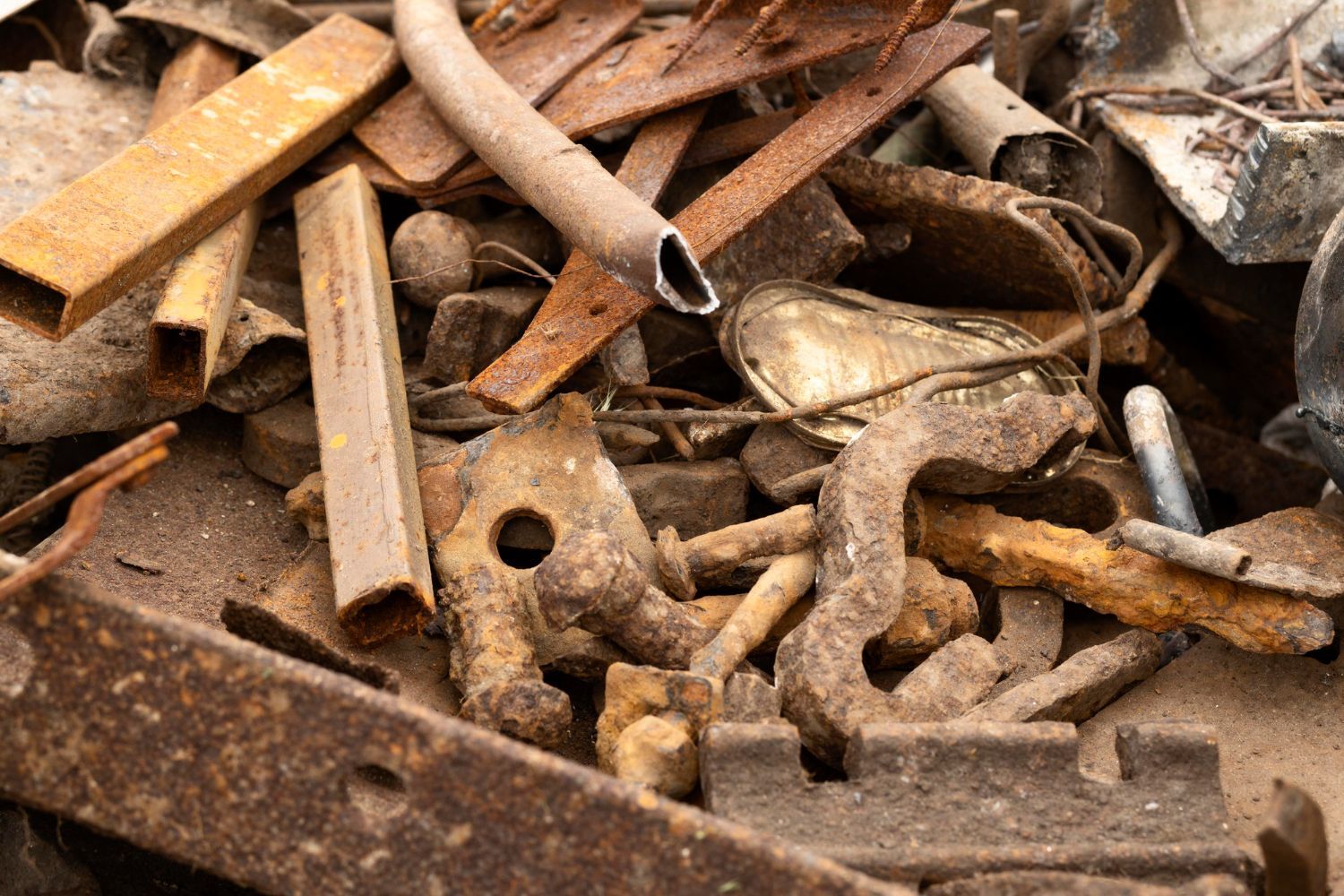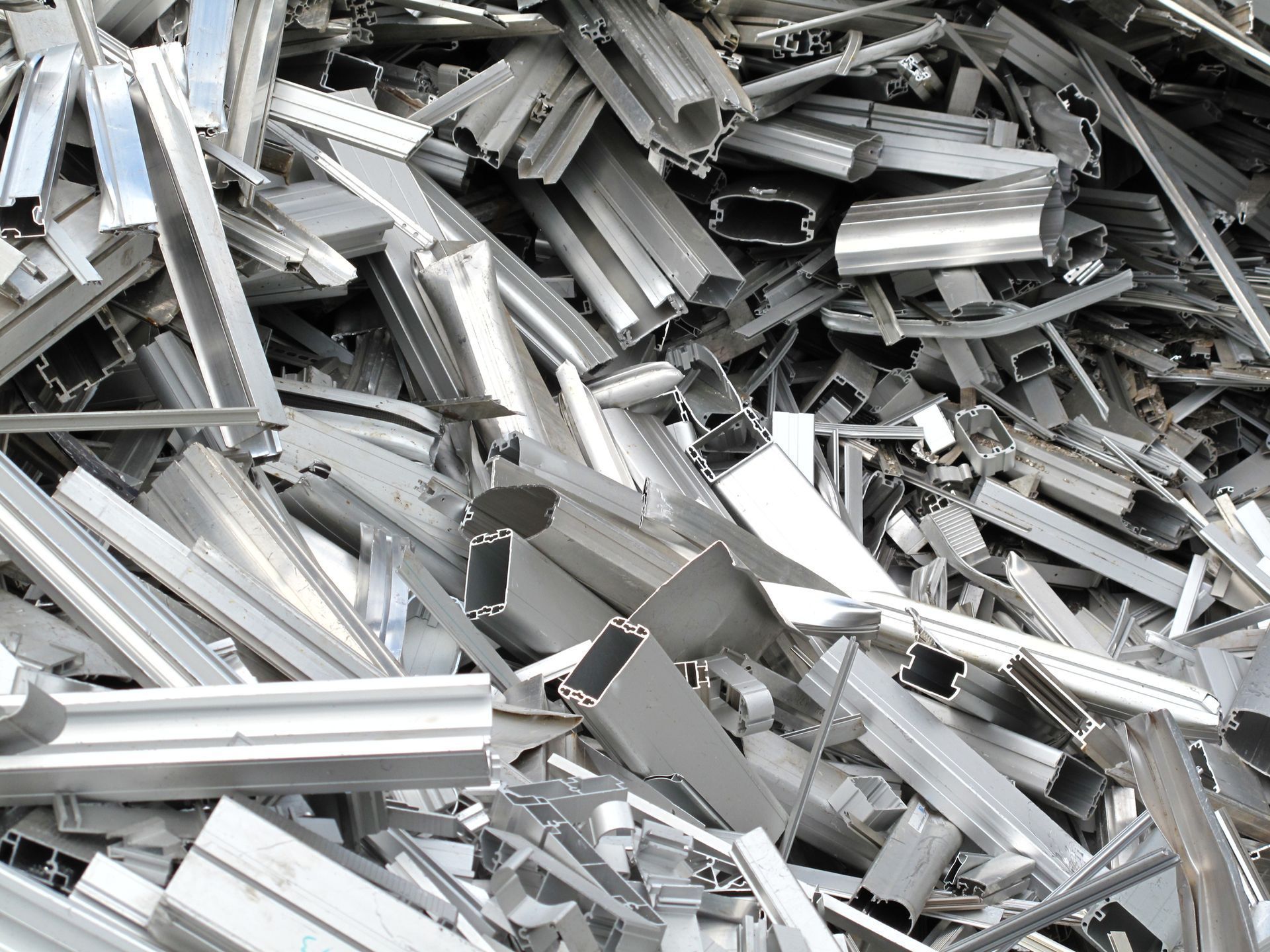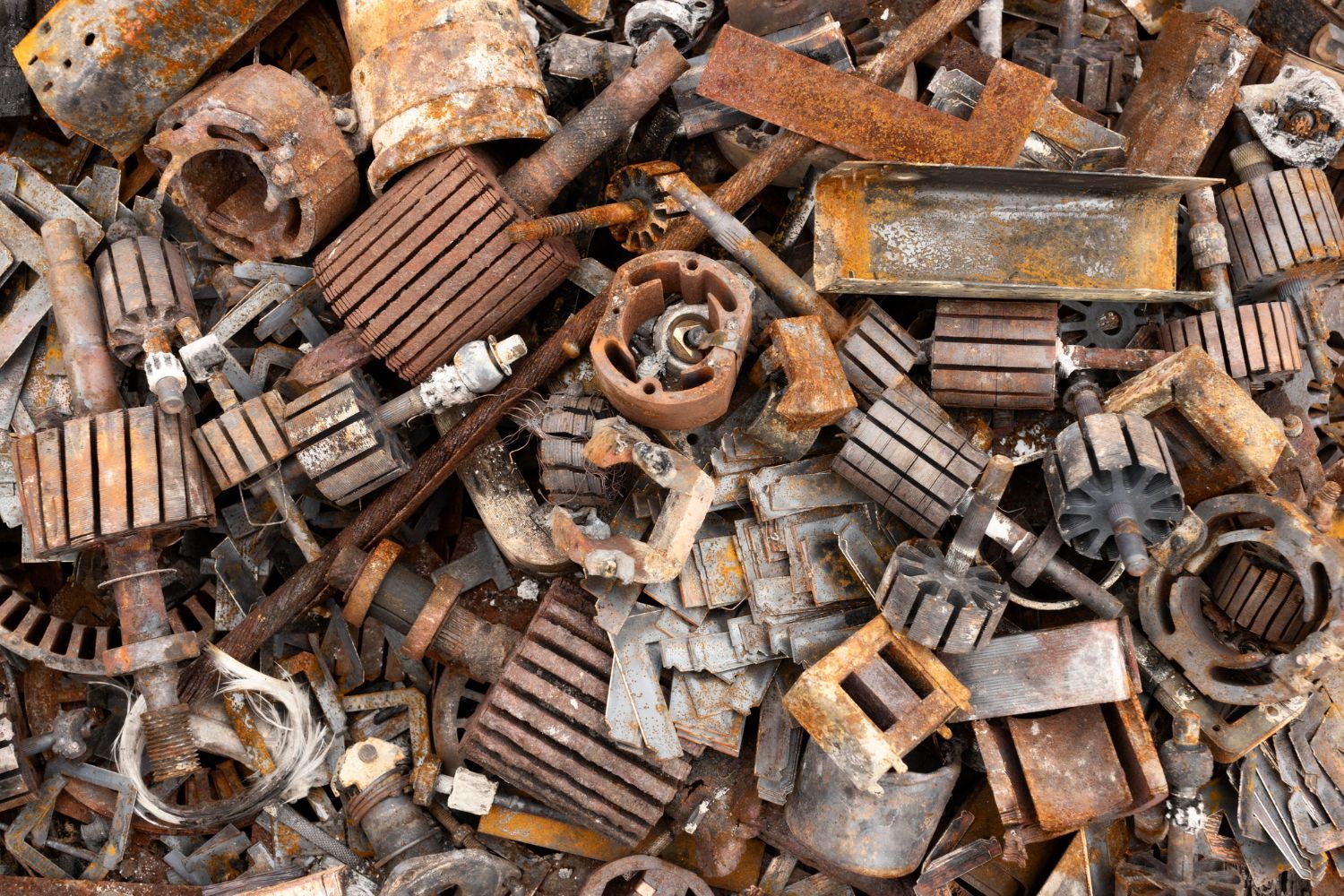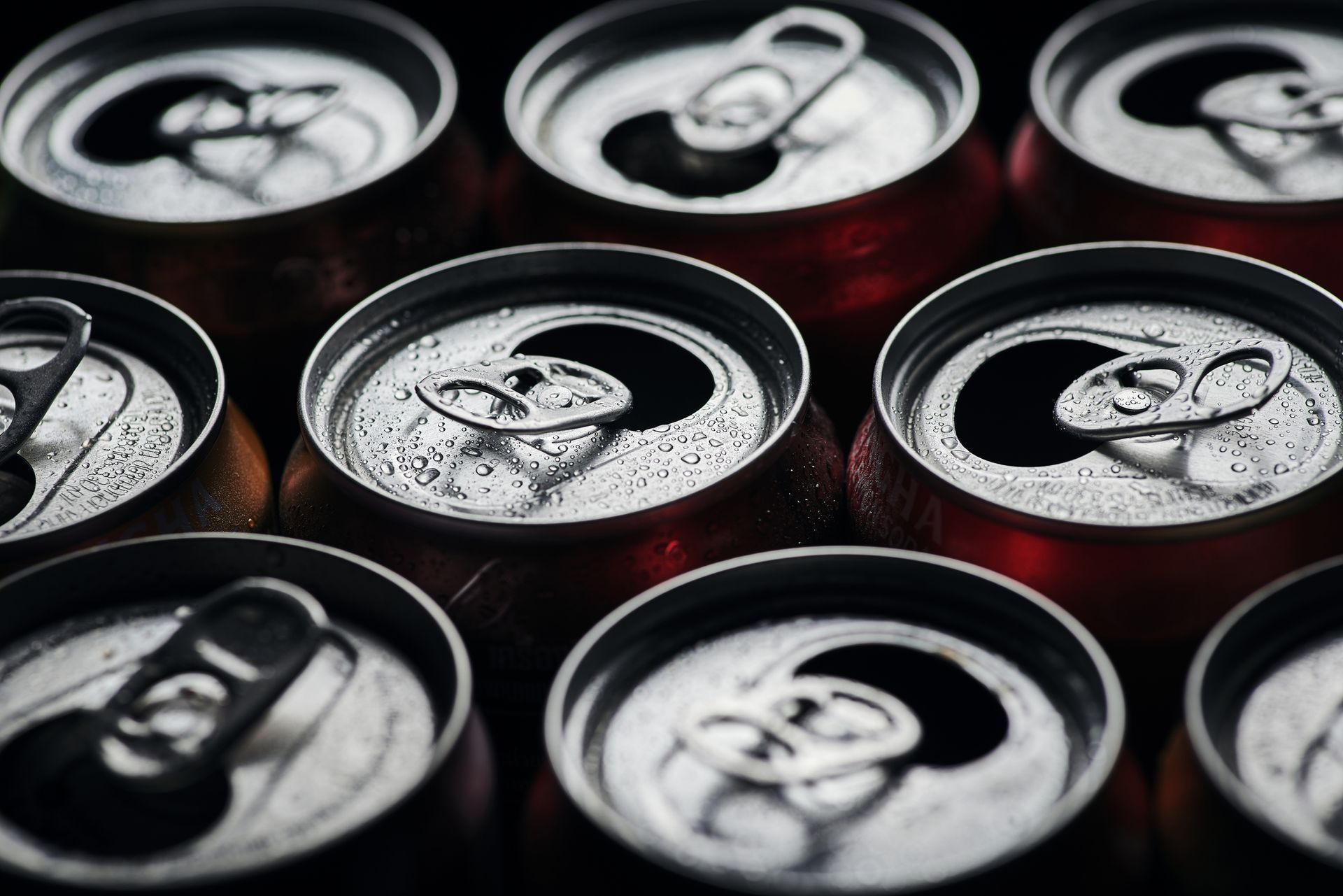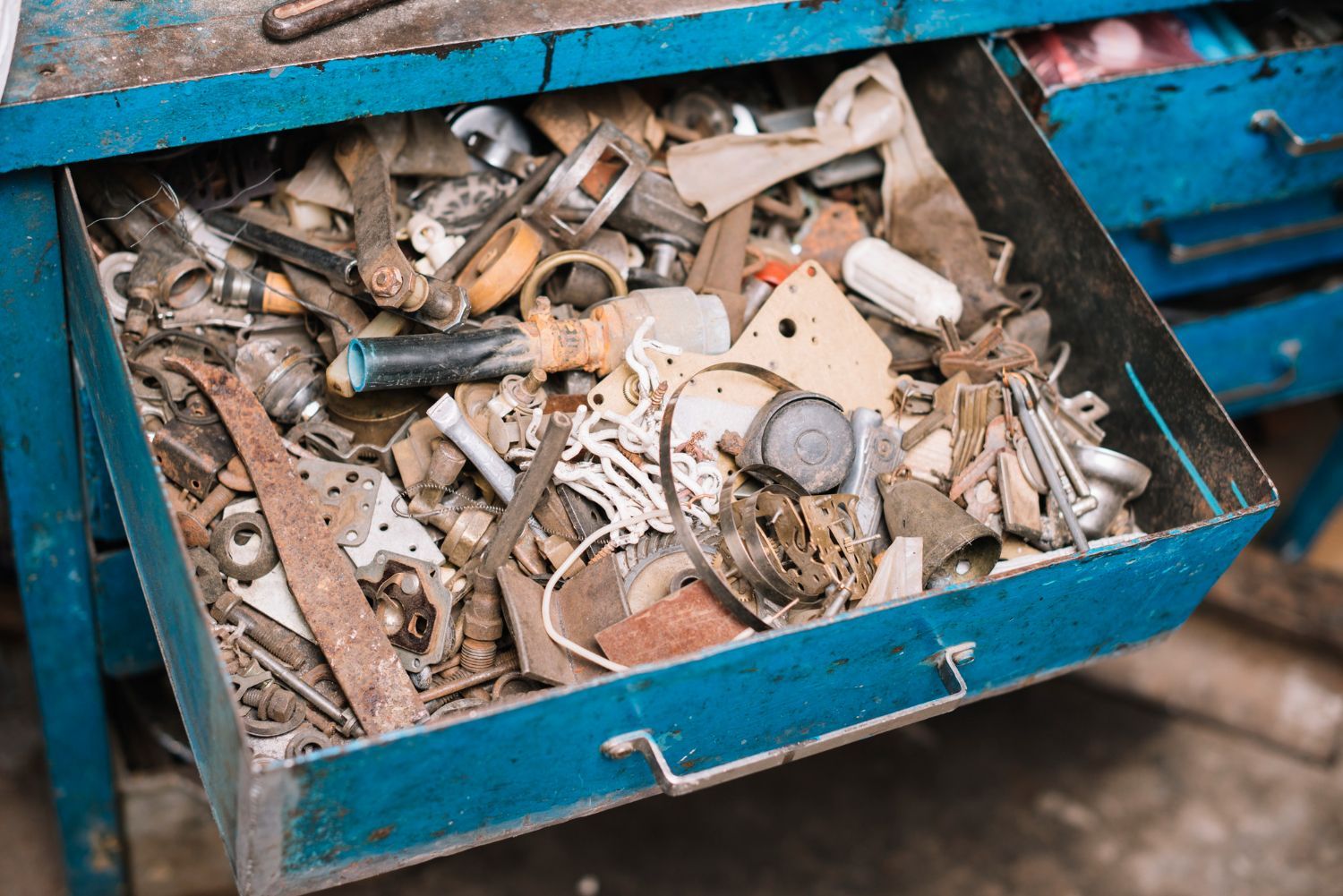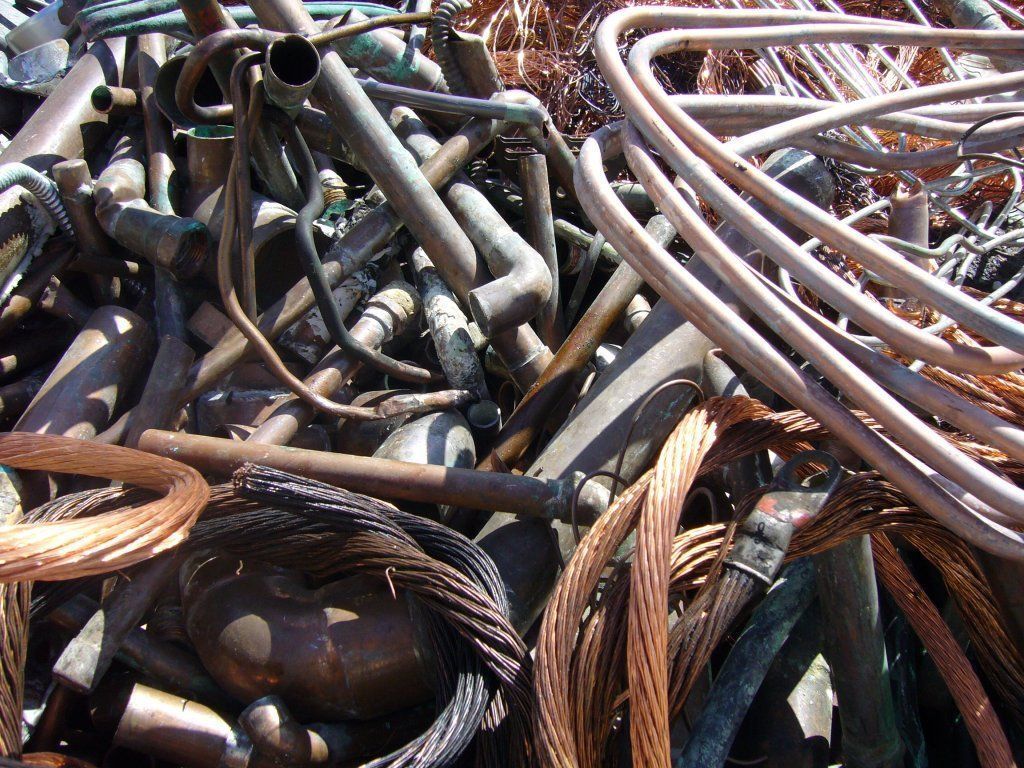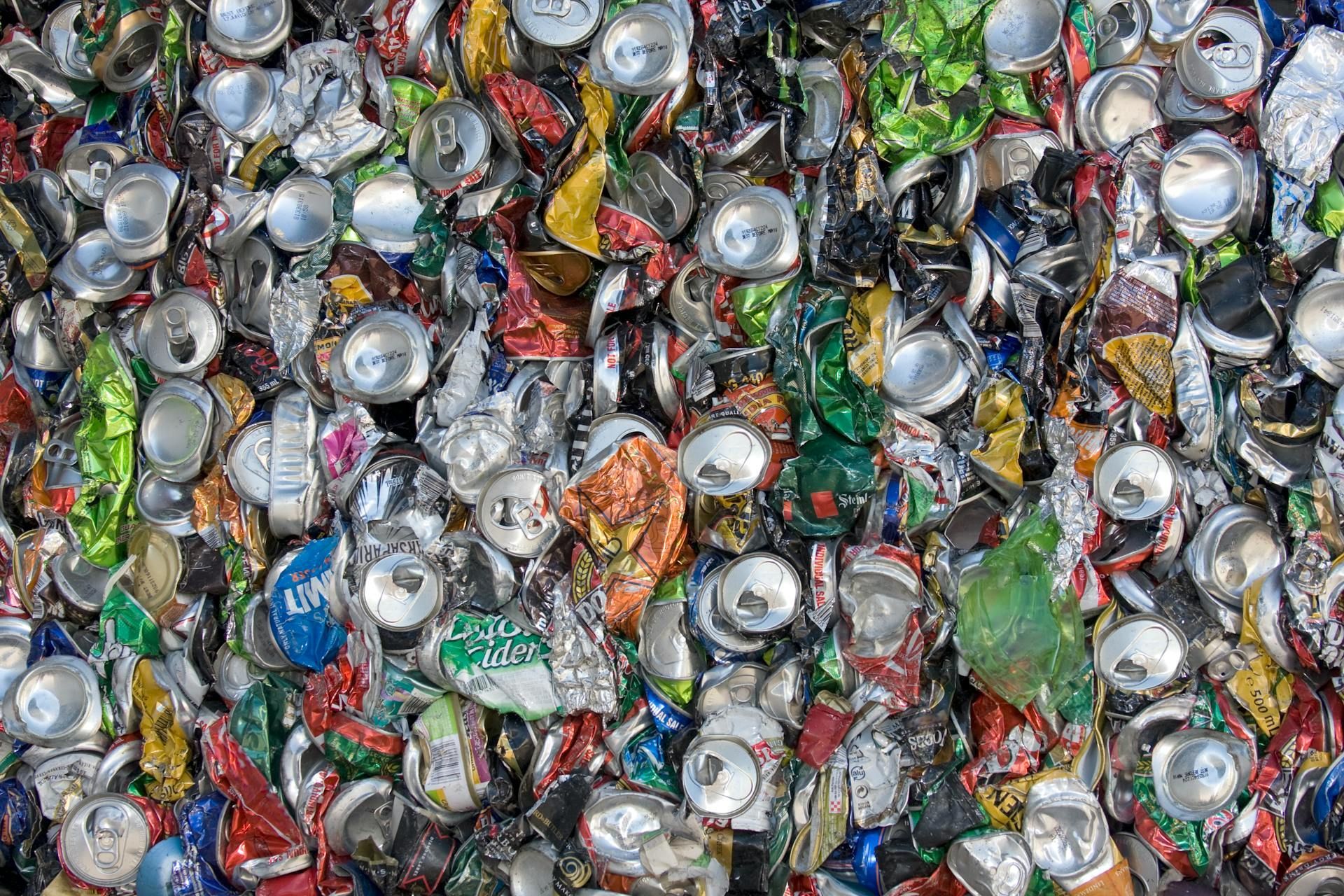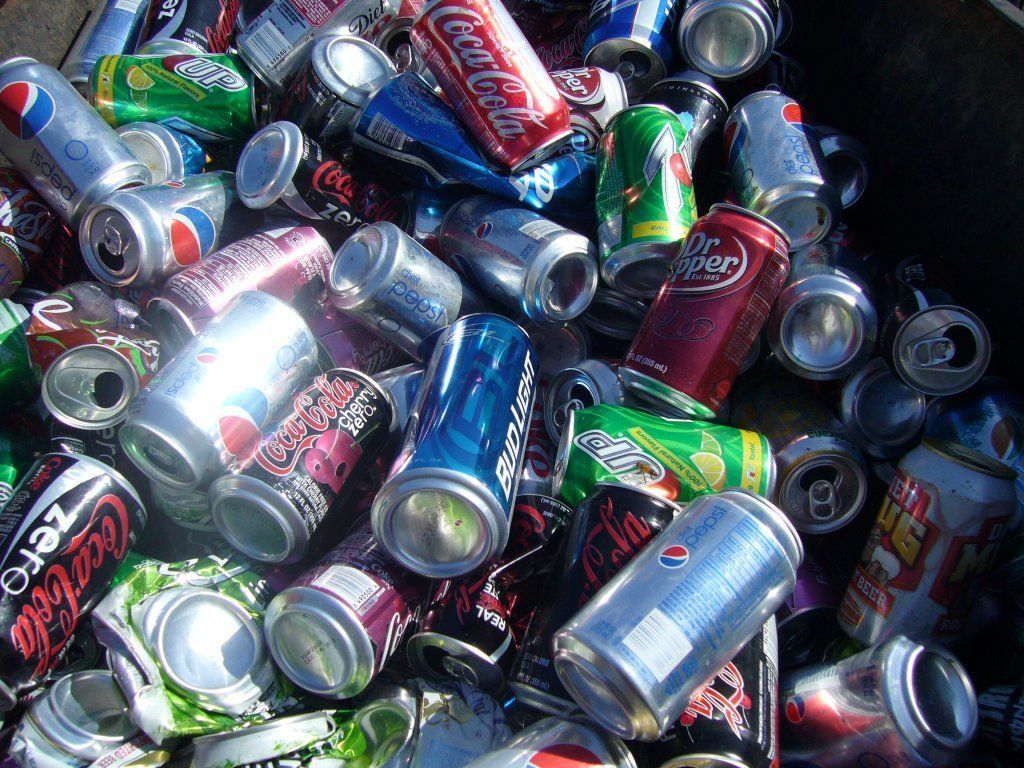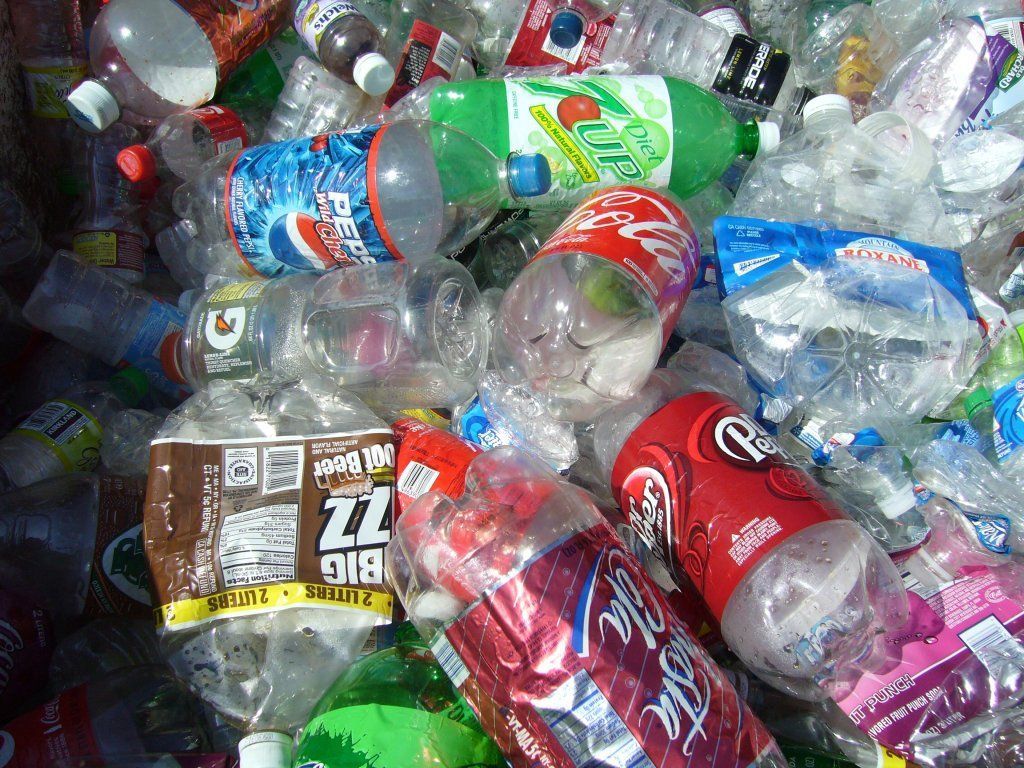A Comprehensive Guide to Prepping Your Scraps
When it comes to recycling, every material has its own set of guidelines. Metals, in particular, require specific attention to detail to ensure a smooth recycling process. Proper preparation can not only ease the recycling process but can also maximize the value of your scrap. In this guide, we'll explore the essential dos and don'ts when preparing metals for recycling.
The Dos: Best Practices for Metal Preparation
When preparing metals for recycling, there are essential steps you should definitely take to ensure you are getting the most out of your materials.
Separate Your Metals
- Ferrous and Non-Ferrous: Use a magnet to differentiate between ferrous (magnetic) and non-ferrous (non-magnetic) metals. Keeping metals separated ensures better pricing and assists recyclers in processing.
- Clean and Rinse: Remove any non-metal attachments and residues from your scrap. This includes nails in copper wiring or plastic parts on old appliances. Clean metals fetch better prices and are easier to recycle.
Store Safely
- Containers: Use containers, like bins or buckets, to store your metals. This makes transportation easier and ensures that smaller pieces do not get lost.
- Labels: Clearly label your containers based on the metal type. This helps in quick identification and can speed up the recycling process.
By following these recommended practices, you can maximize the value of your metals and ensure a smooth recycling process.
The Don'ts: Common Mistakes to Avoid
As important as knowing the right steps in preparing metals for recycling is being aware of what not to do; let's delve into some common mistakes to avoid.
Avoid Contamination
- Paint and Rust: Try to remove areas of heavy rust or thick paint from metals. While small amounts are acceptable, excess contamination can reduce the metal's value.
- Hazardous Materials: If your scrap metal has been in contact with hazardous materials, inform the recycling center ahead of time. Some metals might not be accepted if they pose contamination risks.
Don't Assume All Metals Are Accepted
- Check with Your Recycler: Before dropping off your metals, confirm with your local recycler about the types they accept. Some metals, especially certain alloys, might not be accepted everywhere.
- Be Wary of Restricted Items: Some items, like refrigerators or other large appliances, might have special disposal guidelines because of hazardous components. Always check with your recycling center before bringing in such items.
By steering clear of these pitfalls, you ensure a smoother recycling process and contribute to a greener environment more effectively.
The Economic and Environmental Impact of Proper Preparation
Prepping metals is not just about making the recycling process smoother—it's about making a significant economic and environmental impact. When metals are properly prepared, recycling centers can operate more efficiently.
This translates to cost savings and, often, better prices for your scrap. Moreover, recycling metals conserves energy and natural resources, reducing the environmental footprint of metal production.
But the impact goes beyond just the tangible benefits. By ensuring that your metals are properly prepped, you are playing an integral role in promoting sustainable practices. Every clean and sorted piece of metal is a step toward a greener planet, emphasizing the collective effort required to make a difference.
Conclusion: Making the Most of Metal Recycling
Metal recycling is more than just a way to make some extra cash—it's a commitment to sustainability. By adhering to the dos and don'ts of metal preparation, you not only streamline the recycling process but also contribute to a greener and more sustainable future. Looking to recycle your prepared metals or need more guidance on the process? Contact Bruce Metal & Salvage today, and our team of experts will be more than happy to assist.




